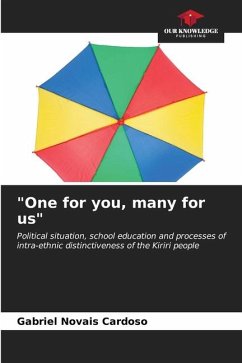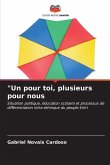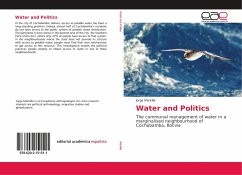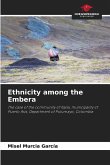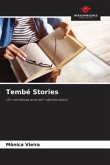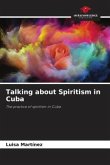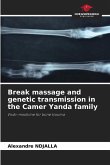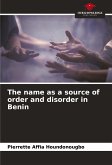Since the first colonial contacts, the northeast of Brazil has been marked by intense processes of genocide and epistemicide of its indigenous population. These processes, opposed to non-European otherness, generated a context of strong denial of the indigenous presence in the region. Throughout the 20th century, against this backdrop, various ethnic-territorial retaking movements began, forcing the existence and rights of the indigenous peoples of the northeast to be recognised. In order to contribute to understanding this context, I analyse the political situation of the Kiriri people - located in the middle Itapicuru basin, Bahia - focusing on their intra-ethnic distinctiveness and internal divisions. To this end, I present the configuration of indigenous schools, as well as describing processes of intra-ethnic division in the light of the links between territory, school education and Kiriri emic representations of their indigenous language. I conclude that the same diacriticsused to affirm ethnic unity vis-à-vis non-Indians are also used to mark the people's internal distinctions, revealing a multiplicity of Kiriri "ways of being": "one for you, many for us".

